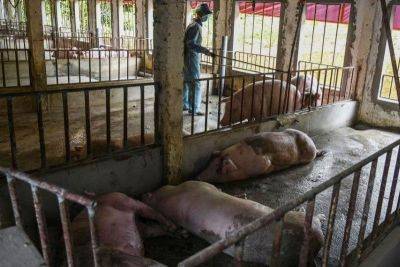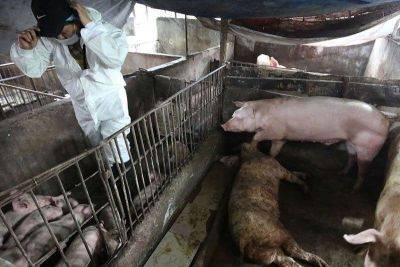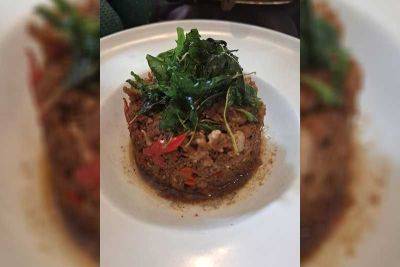Pork
We could run into supply problems with pork a few months down the road.
The supply instability will be an outcrop of the African swine fever (ASF) now happening. It manifests initially as a reluctance among consumers to buy pork products. This produces an economic chain of events.
Many hog raisers fearing the plague, especially the culling that goes with fighting it, have disposed of their stocks at a loss. After this, they have avoided investing in hogs in the meantime.
Former finance secretary Gary Teves sent me helpful notes from an ongoing online conversation about our pork supply. Thus far, the participants in this conversation do not seem very hopeful about the way the Department of Agriculture (DA) is managing the problem.
So far, what we have seen in the news are staged events where local executives and celebrities make a show of consuming pork. The purpose of these events is to assure the public that pork is safe to consume. The events are spurred by declining consumer demand because of fears about ASF contamination.
Low demand and the declining prices discourage investment in hog raising. By the time the public gets over its ASF fears, hog raisers may not have enough stocks ready to meet a spike in demand – likely to occur during the Christmas season.
By the time demand for pork rebounds, there might not be enough stocks to supply the market. This will lead to the opposite phenomenon of rising pork prices that further fuels domestic inflation.
Our currently elevated inflation rate is driven principally by food prices. This is particularly hurtful for lower income families who devote a larger portion of their household expenditure on food.
The current pork oversupply will soon turn into a shortage. When a shortage happens, we will be constrained to import more pork products to meet domestic demand. That will burden our foreign exchange and probably force the peso into a new downward spiral.
Several local governments are adding to the panic by banning transit of hogs through their jurisdictions. This adds to the logistics costs feeding into food inflation.
The abnormalities in the pork supply situation has been blamed on the failure of the DA to







